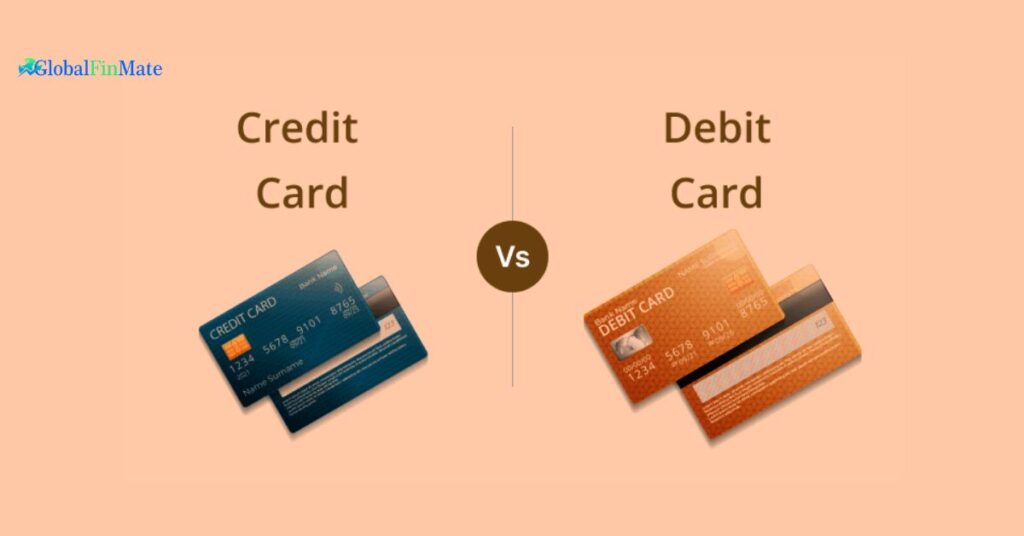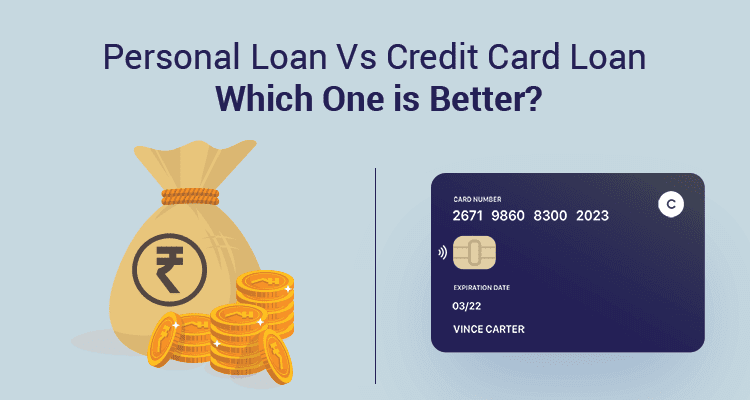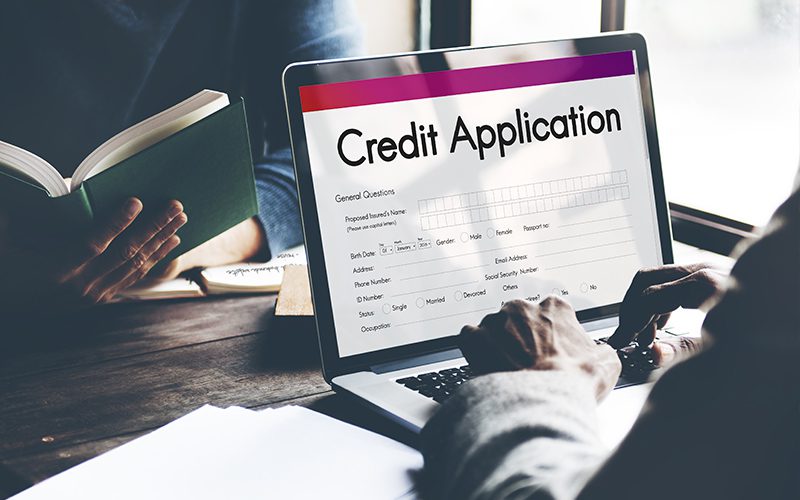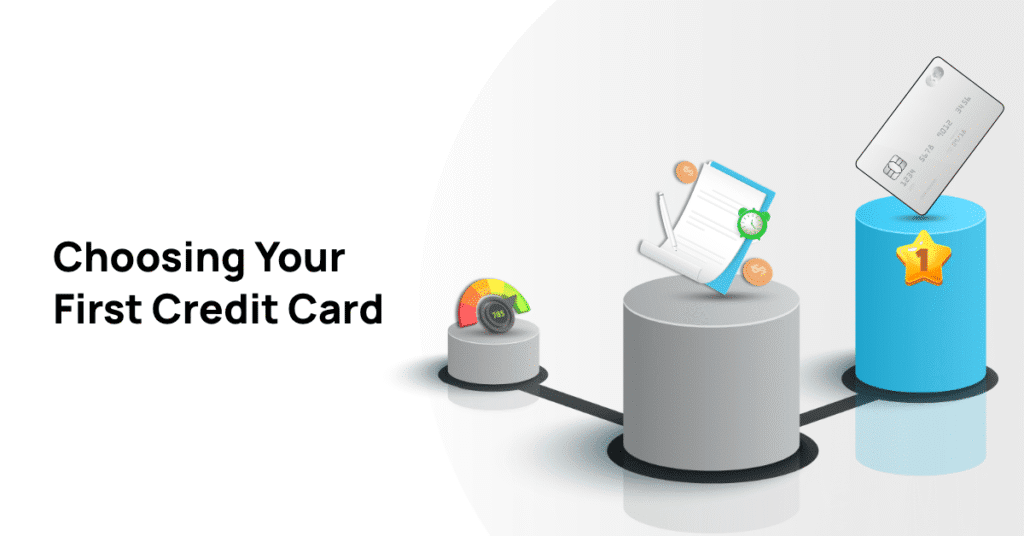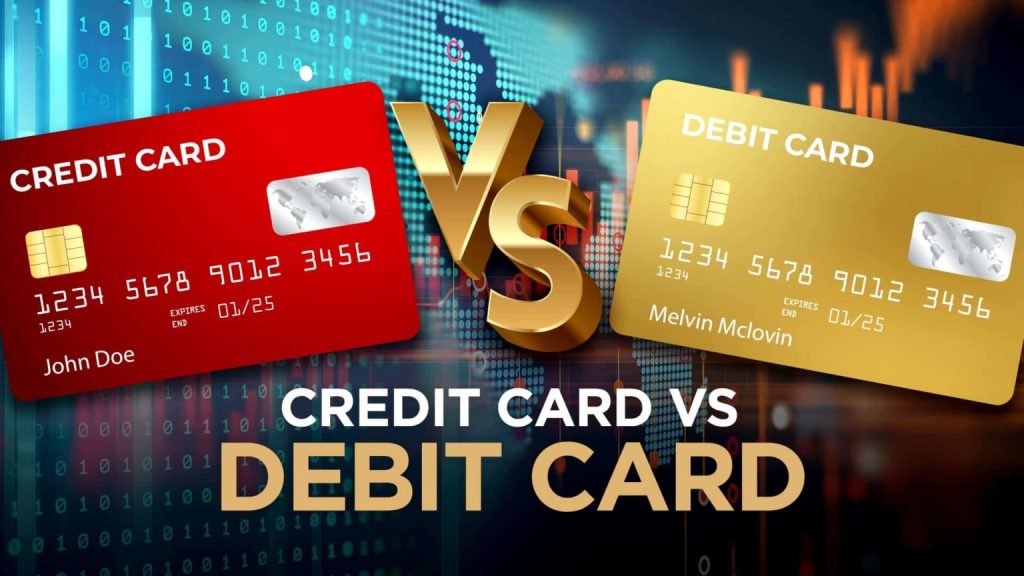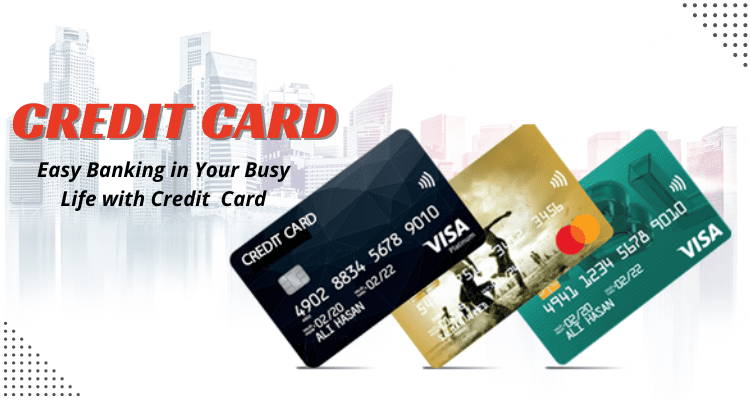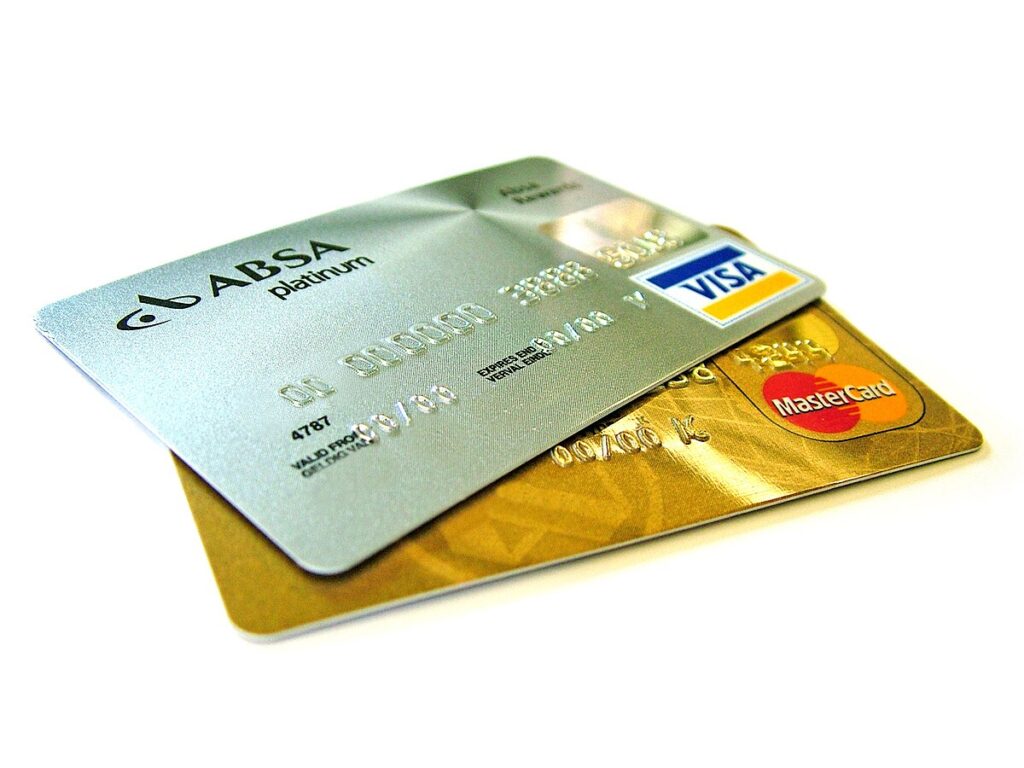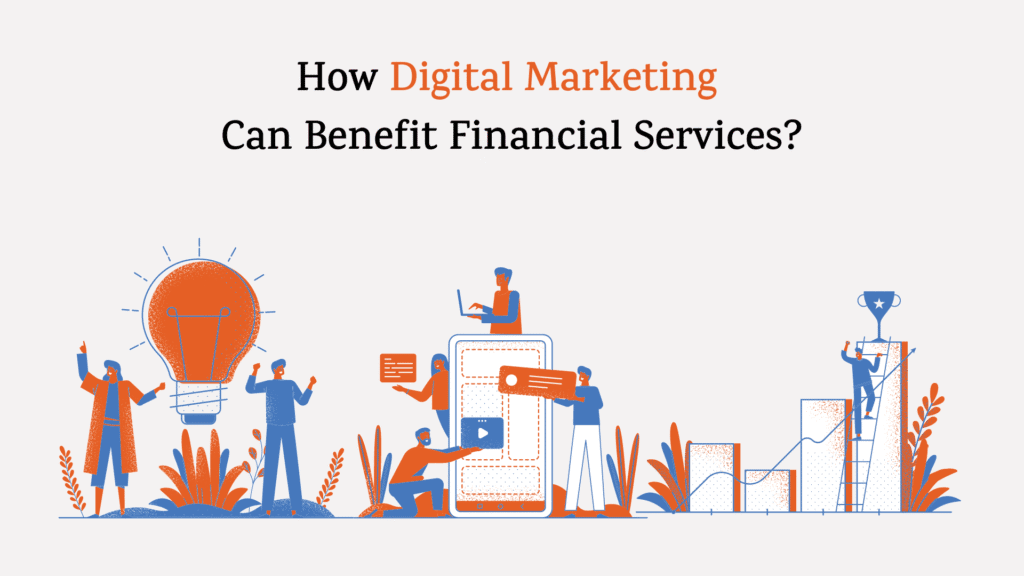Difference Between Credit Cards vs Debit Cards
Cash is useful, but it’s not always the most convenient option. You can’t rely on cash for online shopping, and carrying a large amount of money for major purchases isn’t practical or safe.
Debit cards and credit cards offer a simple and secure alternative, allowing you to make payments without handling cash. Although both serve a similar purpose, there are key differences between them that make each one better suited for specific situations.
What is a Debit Card?
A debit card is a payment card directly linked to your bank account—most often a checking account, though it can also be connected to a savings or money market account.
Jump to section
ToggleWhen you use your debit card to make a purchase, the amount is immediately deducted from your linked account. For instance, if you pay for an item by swiping your debit card at a store, the money is withdrawn from your checking account almost instantly.
Debit cards can also be used to withdraw cash from ATMs. Most banks offer their own ATM networks or partner with larger ones for easy access. However, if you use an ATM outside your bank’s network, you’ll likely be charged a small fee for the transaction.
What is a Credit Card?
A credit card allows you to borrow money from a lender up to a certain limit to make purchases or pay bills. Unlike a debit card, which uses your own funds from a bank account, a credit card gives you access to a revolving line of credit provided by the card issuer.
You must apply for a credit card through a bank or financial institution. During the application process, the lender reviews your credit score, income, and financial history to determine your eligibility. If approved, you’ll be assigned a credit limit, which is the maximum amount you can borrow at one time.
When you use your credit card to make a purchase, you’re essentially borrowing money from the issuer. At the end of each billing cycle, you’ll receive a statement showing how much you owe. If you pay the full balance by the due date, you won’t be charged interest. However, if you pay only part of the balance, the remaining amount will accrue interest.
Some credit cards may charge an annual fee, but many also offer rewards such as cashback, travel points, discounts, or other exclusive benefits for cardholders.
Key Features of Debit And Credit Card
| Feature | Debit Card | Credit Card |
|---|---|---|
| Source of Funds | Directly linked to your own bank account; money is deducted instantly when you make a purchase. | Borrowed money from a lender or bank; repayment is required later. |
| Ownership of Money | You spend your own money. | You spend the card issuer’s money (credit). |
| Interest Charges | No interest, since you’re using your own funds. | Interest is charged on unpaid balances after the due date. |
| Overdraft Option | Possible if your bank allows overdrafts, which can lead to fees. | No overdrafts, but exceeding your limit may result in penalties or declined transactions. |
| Fees | Usually fewer fees; may include ATM or overdraft fees. | May include annual fees, late payment fees, and foreign transaction fees. |
| Application Process | Automatically provided with most checking/savings accounts; no credit check required. | Requires a formal application; approval depends on credit score and income. |
| Ease of Approval | Very easy; anyone with a bank account can get one. | Depends on credit history and financial background. |
| Credit Score Impact | Does not affect your credit score. | Helps build credit score if used responsibly; can harm it if payments are missed. |
| Fraud Protection | Offers fraud protection, but stolen funds are temporarily deducted from your account until reimbursed. | Strong fraud protection; funds remain safe in your bank account while the issue is resolved. |
| Spending Control | Encourages budgeting and limits spending to available funds. | Allows flexible spending but can lead to debt if not managed carefully. |
| Rewards & Perks | Rarely offers rewards or cashback. | Often includes cashback, travel points, and other rewards. |
| Use for Online Purchases | Widely accepted for online and in-store payments. | Accepted globally for both online and offline transactions. |
| Best For | Everyday purchases and managing expenses within budget. | Building credit, earning rewards, and handling emergency expenses. |
Debit Card And Credit Card Rewards:
| Aspect | Debit Card Rewards | Credit Card Rewards |
|---|---|---|
| Availability of Rewards | Traditionally, debit cards offer little to no rewards. However, this is changing as online banks and fintech companies introduce reward-based debit cards. | Credit cards are widely known for offering a variety of rewards and cashback programs, making them attractive for regular users. |
| Common Reward Types | Discounts or limited-time offers at select retailers. Some cards now provide cashback or other digital benefits. | Cashback, reward points, airline miles, hotel loyalty points, and purchase-specific discounts. |
| Example | Cash App Card — a customizable Visa debit card offering “Offers,” which are discounts on purchases at popular brands like restaurants, coffee shops, and retail stores. It also provides benefits like early direct deposit and investment options. | American Express Blue Cash Preferred — offers 6% cashback on groceries, meaning you could earn ₹25,000+ annually if you spend around ₹4 lakh per year on groceries. |
| Ease of Use | Rewards are often simpler and automatically applied through partner offers within the banking app. | Requires managing reward categories, redeeming points, or tracking cashback percentages for maximum benefit. |
| Risk Level | Minimal risk since you spend your own money—no debt or interest involved. | Higher risk due to credit usage; missing payments or overspending can reduce the value of earned rewards. |
| Best For | Users who want light perks without worrying about credit or interest payments. | Users who pay balances in full monthly and want to earn maximum rewards for daily spending. |
Should You Choose a Debit Card or a Credit Card?
When it comes to managing your finances, there isn’t a single answer that fits everyone. The right choice between a debit card and a credit card depends on your financial habits, goals, and comfort with borrowing.
In general, credit cards tend to offer more long-term benefits if used wisely. By paying your bill in full each month and choosing a no-fee card, you can enjoy cashback, reward points, and stronger consumer protections—all without paying interest.
However, if you find it difficult to manage spending or are concerned about falling into debt, a debit card or reloadable prepaid card may be a safer option. The small amount of cashback you might miss is a fair trade-off for avoiding high-interest debt.
You Should Choose a Debit Card If…
You don’t qualify for a credit card: Most checking accounts automatically come with a debit card. If you have limited credit history or income, a debit card ensures you can still make cashless payments.
You often use cash: Debit cards make it easy to withdraw money from ATMs—especially those within your bank’s network—without extra fees. In contrast, credit card cash advances usually incur high fees and interest.
You want better control over spending: Since debit cards pull money directly from your bank account, they help you stay within your budget and prevent overspending. You only spend what you have.
You Should Choose a Credit Card If…
You want to earn rewards: Credit cards are ideal for earning cashback, airline miles, or travel rewards. This can translate into free flights, hotel stays, or extra savings.
You value extra protection: Credit cards typically come with stronger fraud protection, purchase insurance, and extended warranties—ideal for expensive or online purchases.
You want to build credit: Regular, responsible credit card use (paying on time and keeping balances low) helps improve your credit score, which is essential for future loans or mortgages.
You occasionally need short-term borrowing: Credit cards offer quick access to funds when you need to make a purchase before your next paycheck or transfer between accounts.
Both Are Great If…
You like a mix of cash and card payments: Using both can give you flexibility—use your debit card for cash withdrawals and everyday transactions, and your credit card for larger or online purchases.
You shop online frequently: Both debit and credit cards allow for online payments, though credit cards provide an added layer of protection against fraud.
Conclusion: Credit Cards vs Debit Cards
Both debit cards and credit cards make it convenient to make purchases without carrying cash. With just a swipe or tap, you can easily pay for products and services.
A debit card allows you to spend directly from your own bank account, while a credit card gives you access to borrowed funds from a financial institution. Generally, credit cards come with added benefits such as cashback rewards, loyalty points, and stronger consumer protections—but they also carry the risk of high-interest debt if not managed responsibly.
Ideally, you should have both a debit card and a credit card, as each serves a different purpose. Debit cards help with budgeting and everyday spending, while credit cards are valuable for building credit, earning rewards, and enjoying extra financial flexibility.

